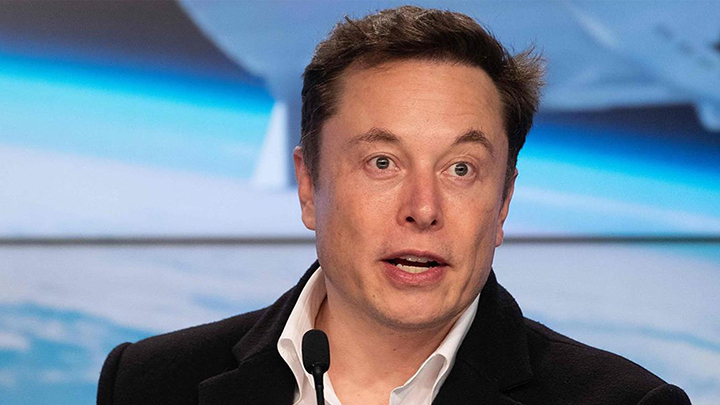The Kenyan government has defended its decision to partner with Adani Group, a leading Indian conglomerate, to address the country's persistent power supply challenges.
Energy Cabinet Secretary Opiyo Wandayi emphasized the need for private sector involvement due to the government's limited financial resources.
"If structured properly, PPPs allow us to achieve value for money—and only those projects that pass rigorous screening and suitability tests will be developed through this model," Wandayi said.
Wandayi noted that Adani Energy Solution Limited possesses a substantial track record in energy infrastructure development, with a portfolio that surpasses the combined capacity of Kenya, Uganda, and Tanzania.
"They privately own more energy infrastructure than Kenya, Uganda and Tanzania combined. In distribution, Adani serves over 13 million consumer meters in metropolitan Mumbai and the industrial hub of Mundra SEZ," Wandayi stated.
Read More
The Indian conglomerate has proposed constructing several key transmission lines and substations, including a 222 km 400 kV line between Gilgil, Thika, Malaa, and Konza, and a 400/220/132 kV substation at Rongai.
Other proposed projects include a 99 km 220 kV transmission line from Rongai to Chemosit, a 98 km 132 kV line connecting Menengai, Ol Kalou, and Rumuruti, and a 132/33 kV substation at Thurdibuoro.
These developments align with the Kenya Electricity Transmission Company's (KETRACO) Master Plan and the Least Cost Power Development Plan, aiming for completion by 2027.
Wandayi acknowledged the challenges faced by the government in securing adequate funding for energy infrastructure projects.
Traditional financing methods, such as Development Finance Institutions and government funding, have been insufficient to meet the growing demand.
The CS emphasized the importance of Public-Private Partnerships (PPPs) as a viable solution to address the $5 billion financing gap.
"The proposed projects are critical towards ensuring grid stability and adequacy," the CS said.
By partnering with Adani, the Kenyan government aims to transfer risks to the private sector, improve service delivery, and create job opportunities.
Wandayi called on stakeholders to work together towards developing a sustainable and reliable energy sector that can power Kenya's future growth.

-1726501102.jpg)






